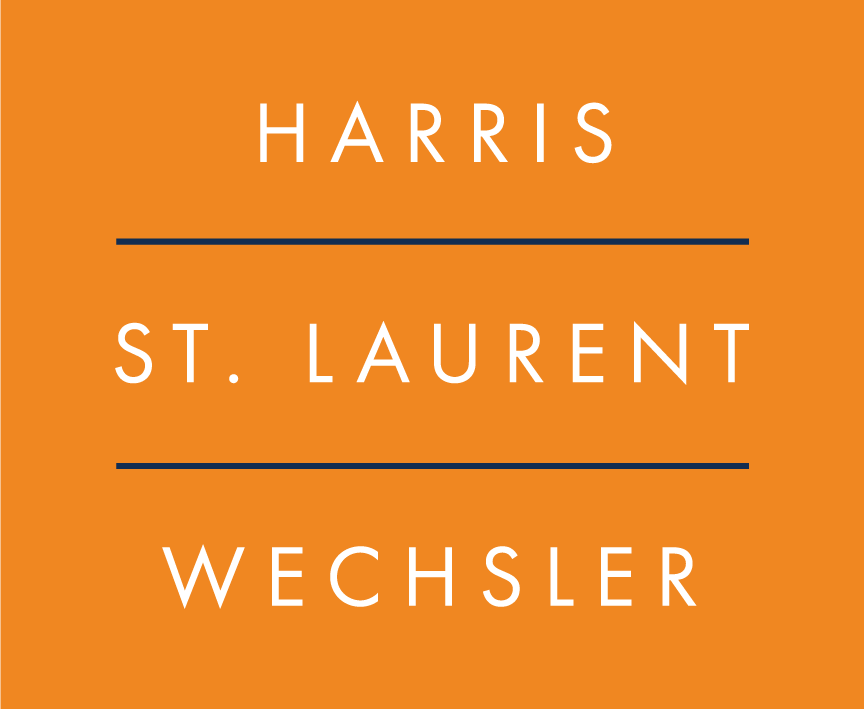Trends Shaping the Future of Dispute Resolution: Bolla and Sharda in NYLJ
August 5, 2025
The role of alternative dispute resolution (ADR) has undergone a profound transformation in New York. Once considered an alternative to traditional litigation, ADR continues to become more integrated as a mandatory element of court proceedings.
Harris St. Laurent & Wechsler LLP partner Evan Bolla and associate Arshiya Sharda wrote a New York Law Journal article examining the trends behind shifts in the use of ADR. The piece, titled “Reshaping Dispute Resolution: The Future of ADR in New York Courts,” looks at court-mandated mediation, institutional reforms and the promise of AI in revolutionizing ADR.
Bolla and Sharda explain that the use of ADR in New York advanced significantly in 2019 with the launch of the Presumptive ADR Initiative. Led by the New York State Unified Court System, the initiative required a broad range of civil lawsuits, including personal injury, matrimonial cases, estate matters and commercial disputes, to be referred to mediation or another form of ADR before proceeding in court. That led to other procedural and rule changes in New York courts to facilitate the use of ADR, which were accelerated by the COVID-19 pandemic and resulting court backlog.
As with every other aspect of the legal profession, AI has the potential to profoundly change ADR as well. Bolla and Sharda note that institutions such as the American Arbitration Association–International Centre for Dispute Resolution have encouraged mediators and other ADR practitioners to embrace AI.
“While AI will continue to have limitations in assessing human credibility, for matters where the facts are undisputed or turn on the interpretation of contractual language, the technology will undoubtedly be an additional tool incorporated by neutral evaluators and mediators who are increasingly taking the burden off the courts,” they write.
A pdf of the article can be found here.
